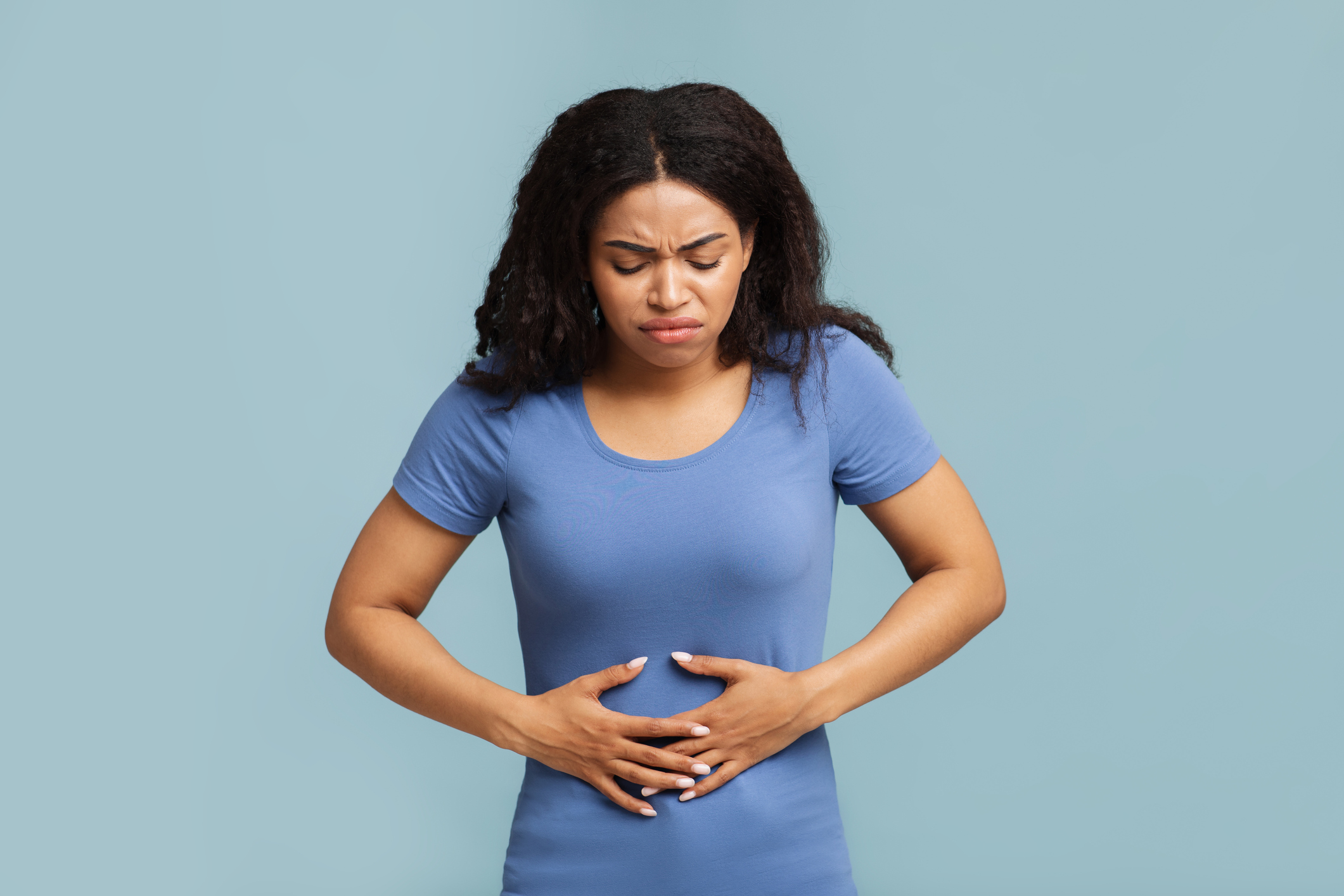

Irritable bowel syndrome or IBS isn’t just difficult to live with. It can be completely debilitating.
In fact, for the 15 percent of people who live with the condition, never knowing when the pain, cramping, bloating and gas will strike makes each day a challenge. And that’s not even counting the constipation and diarrhea that come part and parcel with the issue.
To top it off, IBS has proven to be a condition that’s extremely hard to treat — meaning that even trip after trip to your doctor may provide little to no relief.
But most people with IBS find relief with the FODMAP diet. It has been shown to help ease the symptoms, but it wasn’t fully understood exactly how.
A team of researchers from Monash University looked into that — and found that not only is the diet beneficial for most with IBS, but a subset of people with the condition can stand to gain even more: relief from the abundant and harmful “pathogenic” bacteria making up their gut microbiome.
FODMAP takes down IBS in 2 steps
The low FODMAP (Fermentable Oligo-Di-Monosaccharides and Polyols) focuses on reducing carbohydrate intake — specifically fructose, lactose, fructans, galactans and polyols.
These are carbohydrates that are fermentable inside your body and include the carbs you get from pasta, potatoes and even milk.
To find out exactly how the diet benefits IBS sufferers, the team tested the diet, comparing it to a normal eating pattern (a diet that did not exclude fructose, lactose, fructans, galactans and polyols). But unlike other studies that simply measured symptoms before and after participants followed the FODMAP diet, they took things a step further, delving into each person’s unique composition of gut bacteria.
And here’s what they found…
Embracing a low FODMAP diet improves the symptoms of three out of four people with IBS.
But for some people, the relief they get is greater — those IBS sufferers that were found to have a “pathogenic” composition of gut bacteria.
In other words, their unique microbial signature was abundant in dangerous bacteria, known to cause disease, including C. difficile, C. sordellii and C. perfringens.
If that was bad enough, their microbiome was very low in beneficial bacteria, like the Bacteroidetes species. When it came to the microbiome lottery, you could say they had the worst of the worst and the least of the good.
But following a FODMAP diet changed all of that.
After just four weeks on the diet, the microbiome of those with the pathogenic profile became healthier, with an increase in Bacteroidetes (the good stuff), and a fall in Firmicutes species (the bad).
But that’s not all it did…
The researchers also found that some IBS sufferers have bacterial genes for amino acid and carbohydrate metabolism that are overexpressed. That means if you have IBS, chances are that your body digests more of the carbs you eat than someone who isn’t living with the condition.
At the end of the four weeks, those genes involved in the metabolism of amino acids and carbs were no longer overexpressed.
Feeding gut health
So if you want to battle back your IBS issues and get gut healthy, eliminating the FODMAPs in your diet is step one.
For a quick rundown on foods to avoid, check out this post from my colleague, Jenny Smiechowski.
And for additional help improving your gut composition, be sure to add probiotics to your daily diet. Probiotics work by actually feeding your gut the good bacteria it needs for better health.
You can find them in supplement form, or even better, get them from the food you eat.
Sources:
Distinct gut bacterial profile highly responsive to IBS dietary therapy identified – BMJ

